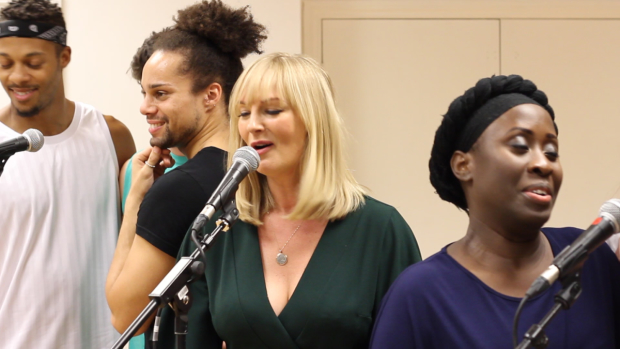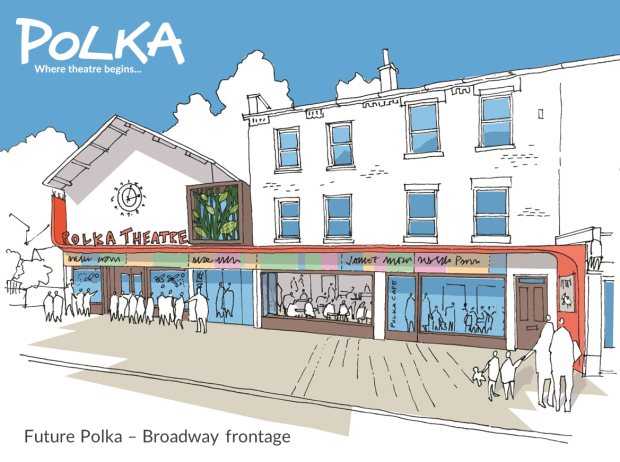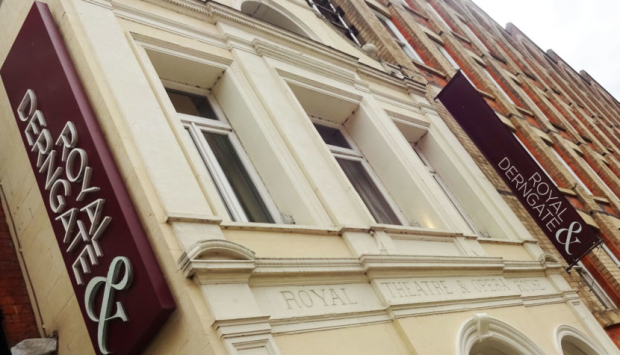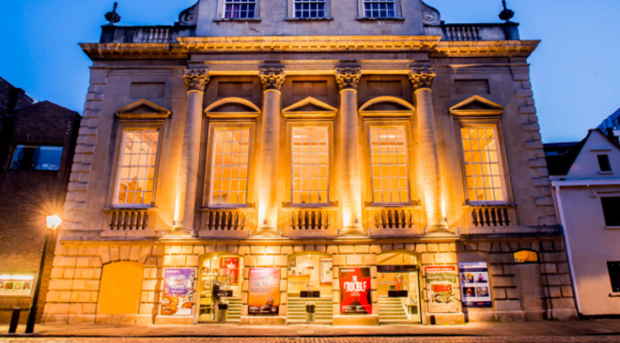There's huge potential in arts philanthropy funding
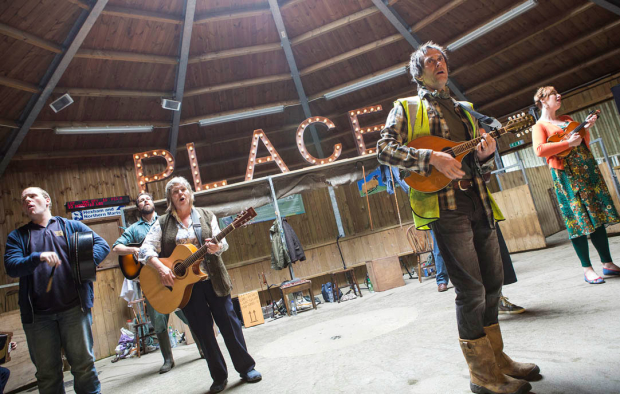
© Trevor Walker Photography
There has been a big shift in the last six years around how arts organisations are encouraged to look at funding. The desire is for companies to look more to philanthropy and the American model of funding.
The shift came off the back of the restructure at the Arts Council, the fact that the government started giving less money to arts and culture generally, the decline in lottery funding and the huge impact of local authority cuts.
Giving is quid pro quo. People always get something back
Trying to bring the American model to the UK has its issues. My understanding of the system across the pond – and I'm no expert – is that most of the arts are funded by philanthropy: by people giving. When you think of that as a philosophy, it's actually rather good: if people want more art, they need to be prepared to pay for it. That said, the US model is like it is because not as much money comes from the government. Here, people tend to see arts organisations that ask for money from individuals as having a begging bowl. Actually giving is quid pro quo. They are getting something back – the experience or the personal impact – and I think we need to start thinking about it in that way.
Last year, we approached Hexham and Northern Marts, which is an agricultural centre, where livestock is auctioned. We had an idea to make a show on farming themes, and we thought: why not stage a piece where farmers actually gather? Hexham Marts is particularly big, it has shops for farmers, four selling rings, even travel agents. One of the biggest rings, where they sell sheep, is in the round and is actually very much like a theatre, it's just a little more smelly. Robert Addison, the manager there, didn't give us any cash, but what he did give us, you couldn't put a price on. We ran the show in the space itself, which brought farmers and their families to our new musical, Beyond the End of the Road. As a result of our collaboration, we won the recently founded Achates Prize, which was created to celebrate stories behind a new generation of philanthropists. It was set up against the background of the changing scene of funding.
The Achates Prize was set up against the backdrop of the changing scene of funding
The biggest challenge around philanthropy is individual giving. But winning a prize like the Achates makes people look at us differently. We recently ran a crowdfunder at November Club and reached our target and I think that's off the back of the profile from winning the prize. People start to take note of you. We're based in Northumberland, one of the UK's most far-flung areas, and people often don't think anything of cultural note happens up here. Actually we have a very vibrant arts presence.
But it's also about the stories we are telling. The stories we need to be telling up here are things like: is Berwick Scottish or English, or about the hardships the farmers suffer as well as their joyous and celebratory stories too. The Marts are a place for social activity and community and we were able to use what they had to tell relevant stories to the area through a contemporary lens.
The 2018 Achates Philanthropy Prize is now open for entries, for more information head to www.achates.org.uk.
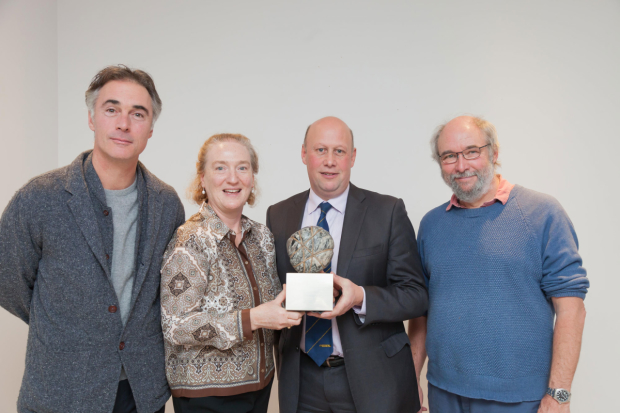
© Michal Polak




